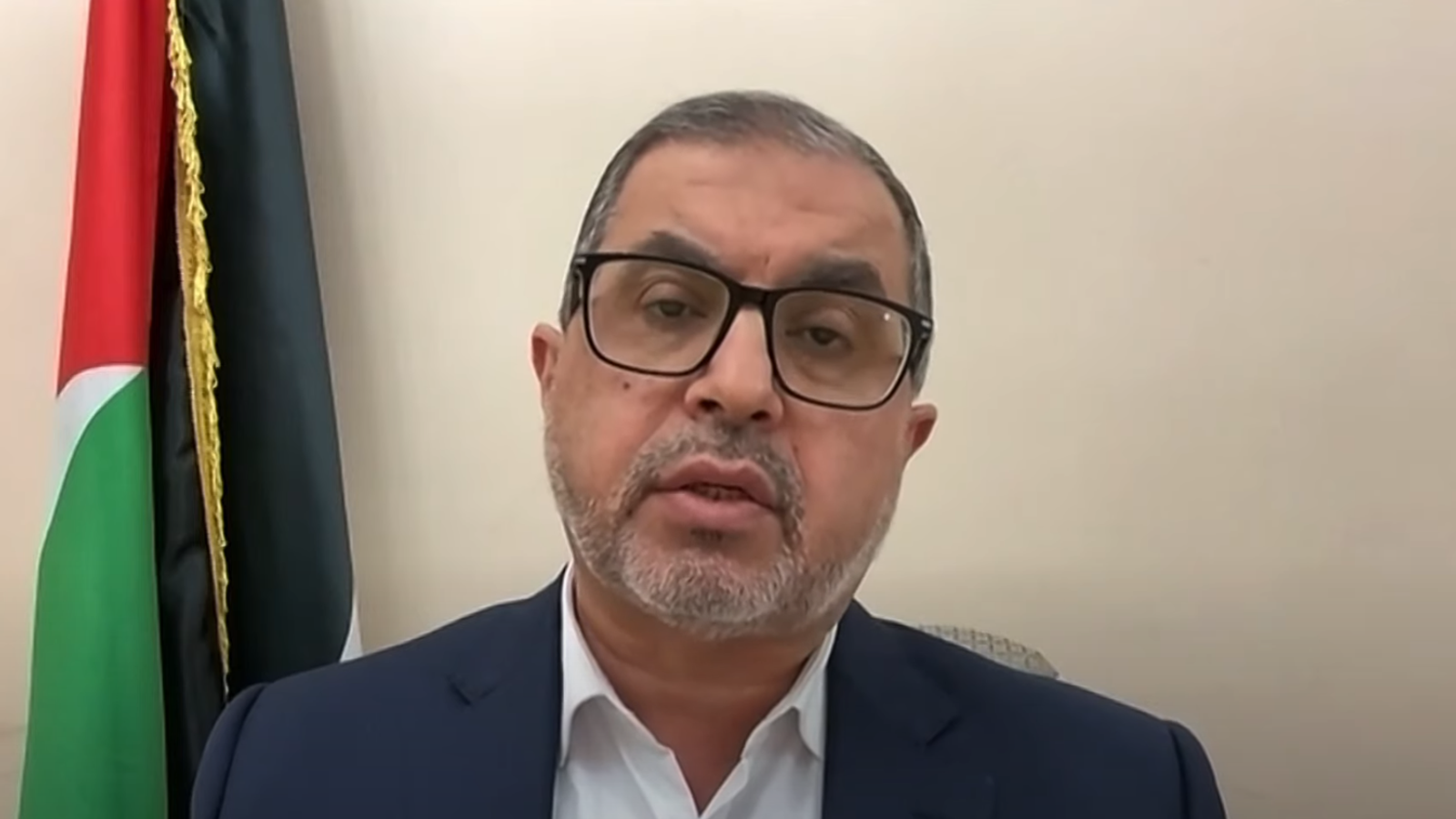Five years after its last presidential election, France today opens its polling booths with the same two candidates on the ballot paper.
Emmanuel Macron, the sitting president, is pitched against Marine Le Pen, leader of the Rassemblement National party.
They are candidates who could hardly bring a greater contrast – Mr Macron from the centre of politics; Ms Le Pen with more radical opinions.
A man whose bedrock of support lies in cities and big towns against a woman who has relied on rural areas and small towns for much of her backing.
Explainer: How right-wing is Marine Le Pen? Analysis of her policies delivers some surprising conclusions
Polling stations will open at 8am and close at 7pm, although some centres in big cities are allowed to remain open for another hour until 8pm.
Voting has been held already in France’s overseas territories, while polling stations have also been set up in other countries with significant French populations.
In the UK, there are 16 of them – six in London, six in the rest of England, three in Scotland and one in Northern Ireland.
After the clock ticks past 8pm in France (7pm in the UK), exit polls will be released and an official preliminary estimate will follow shortly afterwards, based on early counts.
Beyond that, new information will be released periodically, updating the overall result. A so-called “definitive” result will not emerge until Monday – although the identity of the winner may, of course, become apparent before then.
Eyewitness: Macron laid on the charm on final day of campaigning as Le Pen struggles to close poll gap
Mr Macron and Ms Le Pen emerged as the frontrunners after the first round of voting two weeks ago, when French voters were asked to choose between a field of 12 candidates.
Since then, they have spent a fortnight campaigning across the country on a range of topics, although a great deal of focus has been placed by both candidates on how France can best deal with the rising cost of living.
There has also been a significant focus on foreign affairs, on immigration and on social cohesion. In all those areas, there have been notable differences between Mr Macron and Ms Le Pen.
The two only clashed publicly on one occasion, when they met head-to-head in a televised debate that was watched by 15.6 million people.
That was the lowest figure ever recorded for a live French presidential election debate, but still represents a far greater audience than the equivalent debates staged in the United Kingdom.
Macron vs Le Pen: The competing visions that will shape the future of France and Europe
A great deal of attention will be placed on the turnout this time around, with plenty of speculation that voters will stay away because they don’t particularly like either candidate.
Others say they feel an obligation to attend the polling station, but will simply leave their ballot paper blank – a so-called white vote.
And then there is the question of what will happen to the more than 20 million people who backed the socialist candidate Jean-Luc Melenchon in the first round, when he came third.
Will they endorse the remaining radical, Ms Le Pen, or choose instead to back the president, despite the familiar claims that he has done too much to help the wealthy rather than the economically deprived?
Follow the Daily podcast on Apple Podcasts, Google Podcasts, Spotify, Spreaker
Mr Macron will vote near his home in the northern seaside town of Le Touquet before heading to Paris.
Ms Le Pen will also cast her ballot in northern France, at Henin-Beaumont, before moving towards the capital to hear the results.
She and her team will be based at a venue called Pavillon d’Armenonville, at the edge of the Bois de Boulogne. Mr Macron’s team are creating their own setting on the Champ-de-Mars, close to the Eiffel Tower.
Ms Le Pen and Mr Macron are experienced, time-worn politicians, but their views on what to do with the presidency are very different. They have both been planning for this election, preparing for this decisive day and they both want to win, desperately.
But only one can. By the time Sunday ticks into Monday, one of them will have been given a five-year mandate to run this wealthy, powerful and influential country. And the other one will be rueing a missed chance, and wondering if their political career has come to an end.





